Working together for climate research – perspectives on interdisciplinary and transdisciplinary collaboration
- November 20, 2025
- 3 min. Reading time
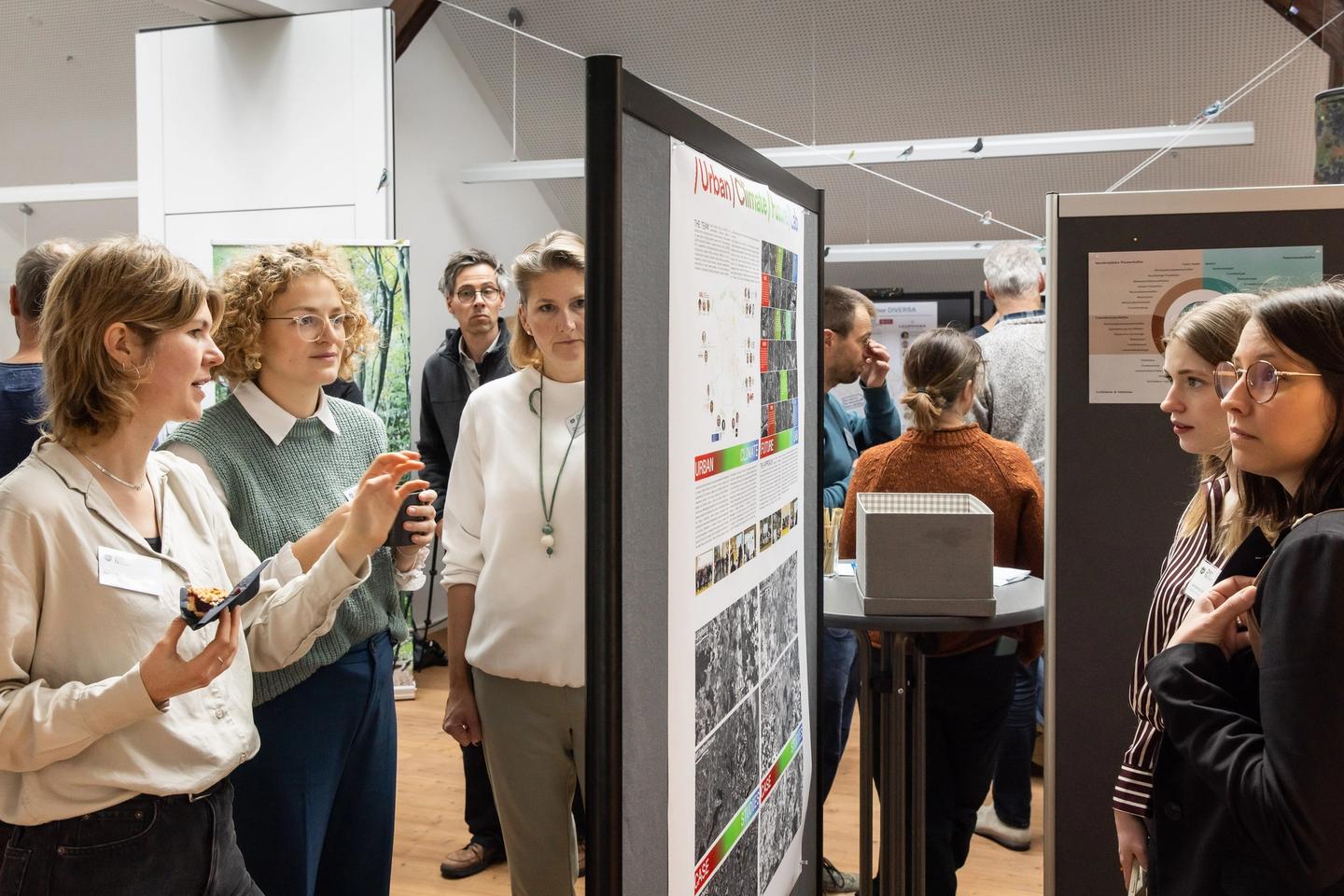
Joint press release from the Lower Saxony Climate Research Center, the Lower Saxony Ministry of Science and Culture, and the Volkswagen Foundation:
How can interdisciplinary and transdisciplinary cooperation in climate research succeed? With this key question in mind, around 80 researchers and representatives from administration, business, and science gathered at the annual “Climate Future Lower Saxony” meeting in Hanover on November 19. The focus was on exchange, cooperation, and new perspectives on jointly shaping a sustainable climate future.
At the Leibniz University Hannover Communication Center, scientists from Lower Saxony's Climate Future Labs discussed with partners from industry, politics, and foundations how cooperation across disciplinary and institutional boundaries can succeed and what structures are necessary to achieve this. It became clear that interdisciplinary and transdisciplinary research not only poses organizational and methodological challenges, but also opens up new ways of translating scientific findings into social action more quickly.
- In his welcoming address, Falko Mohrs, Lower Saxony's Minister of Science and Culture, emphasized the importance of networking: "Funding research is a privilege, but direct exchange with researchers is an invaluable added value in my office. The growing number of Climate Future Labs demonstrates the importance of climate research in Lower Saxony. Transdisciplinary consortia are immensely important, especially for the challenges facing society as a whole in our time."
- Dr. Georg Schütte, Chairman of the Volkswagen Foundation, said: "The Volkswagen Foundation does not regard interdisciplinarity and transdisciplinarity in climate research as optional extras, but as prerequisites for robust transformation knowledge. That is why we promote structures that combine science and practice. And this symposium has impressively demonstrated how we can address the pressing issues of climate change and develop sustainable solutions when regional actors are involved and different perspectives are brought together."
- Katharina Zickwolf, Managing Director of the ZKfN, emphasized this point: “The symposium showed how vibrant and interconnected climate research in Lower Saxony is. Interdisciplinary and transdisciplinary work is challenging, but it creates precisely the spaces in which new solutions can emerge—through the interplay of many perspectives. This not only generates new knowledge, but also concrete approaches and impetus for practical application.”
A central theme of the day was networking between the Climate Future Labs, which are working on climate protection and climate adaptation issues throughout Lower Saxony. At the Climate Future Labs marketplace, they presented their projects in creative and interactive ways—from experiment stations to mini-demos and quiz formats. The exchange showed how diverse climate research can be when knowledge from science and practice comes together.
Printable press photos can be found here: https://cloud.tu-bs.de/s/8M62Z3gaF7cDwTD
Pressebilder in der Übersicht
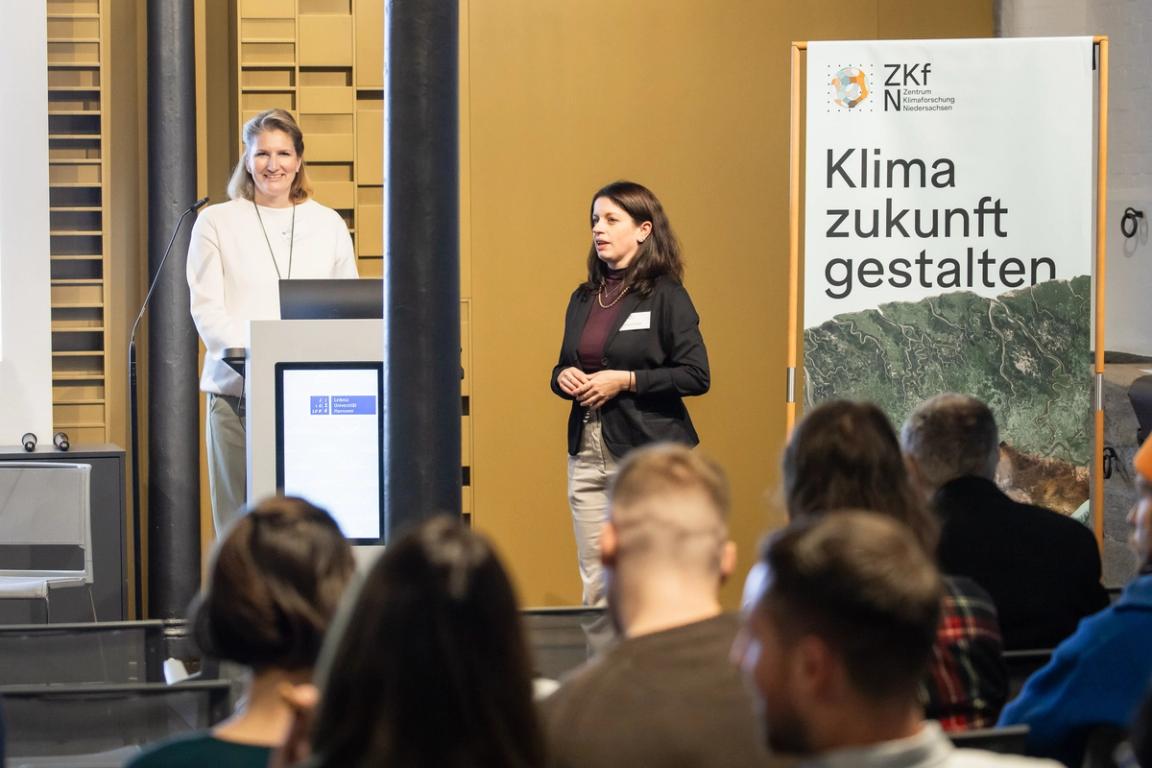
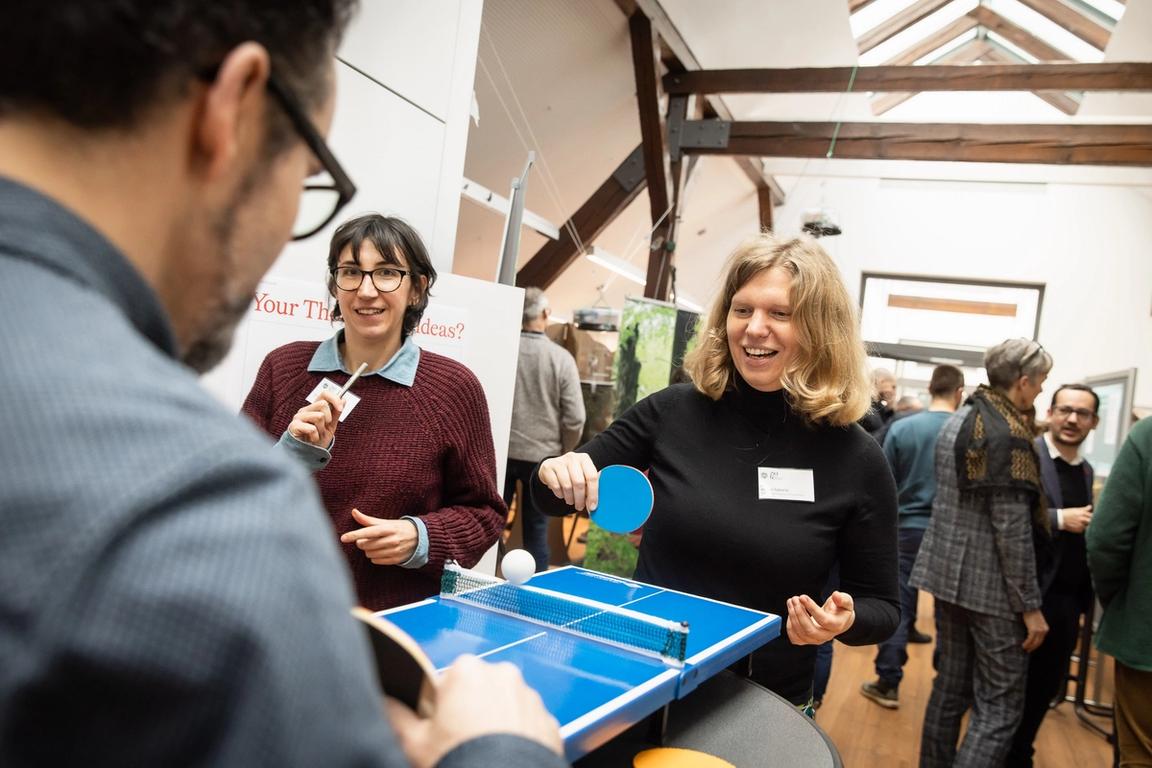
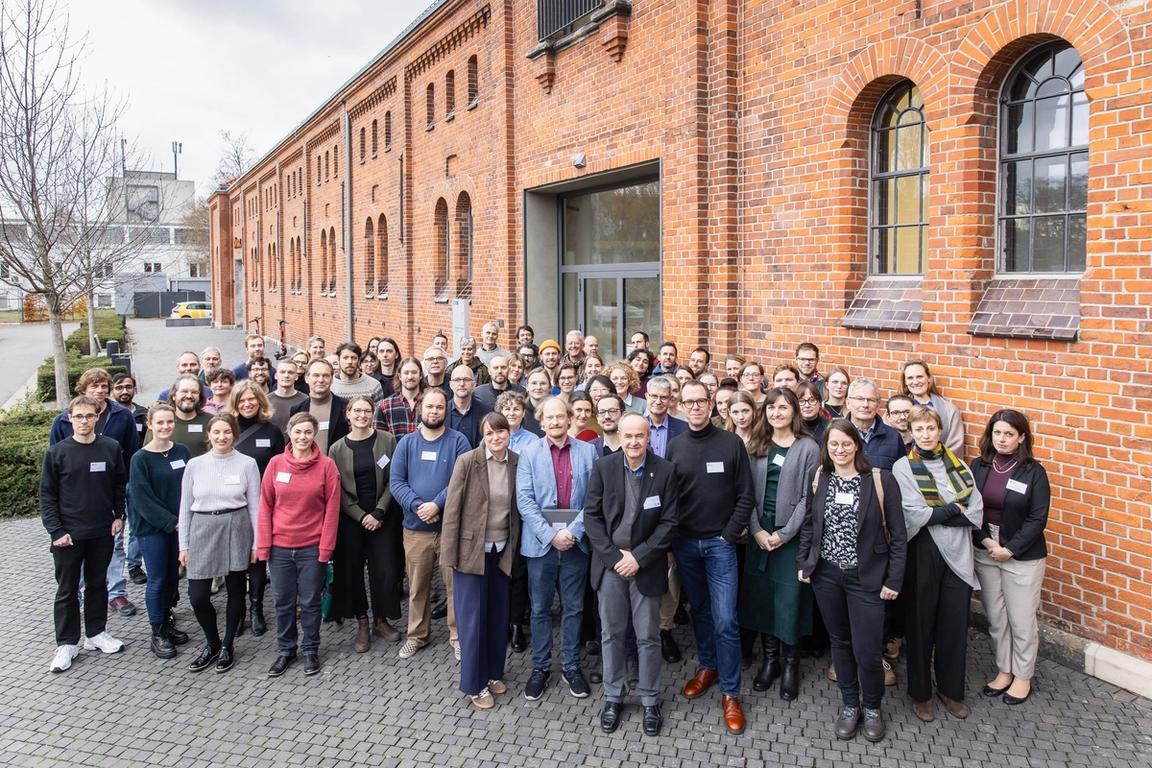
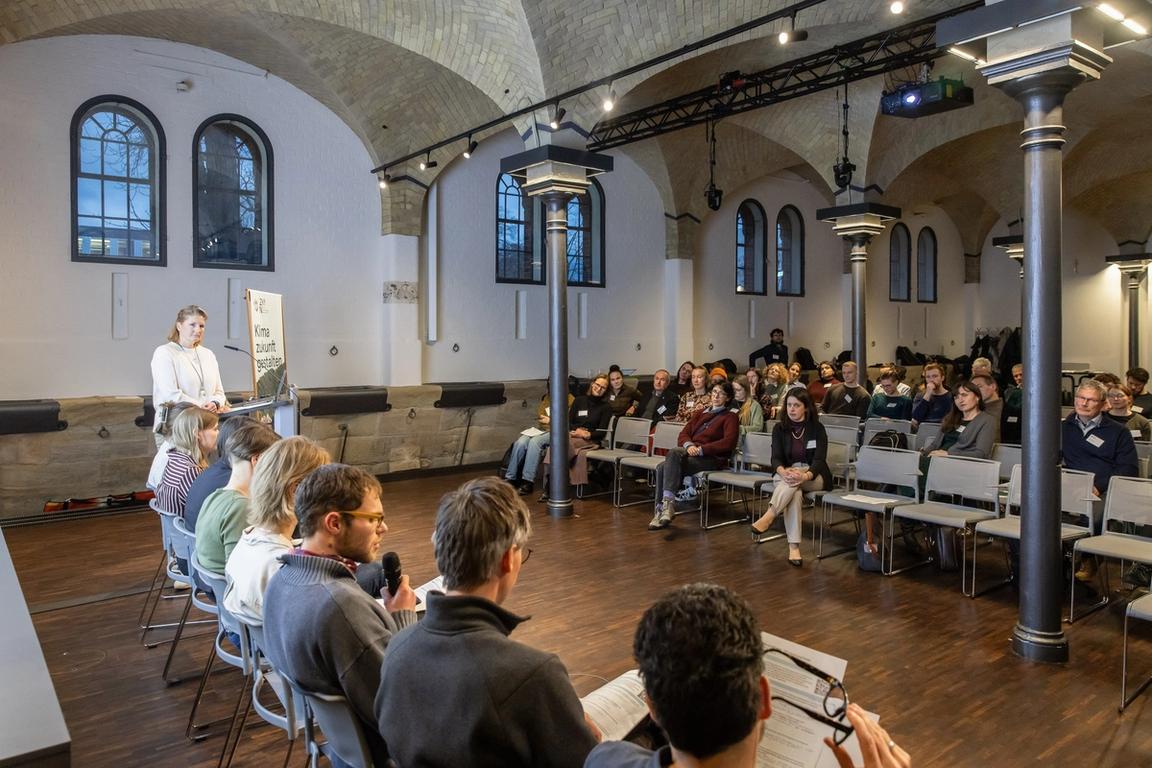
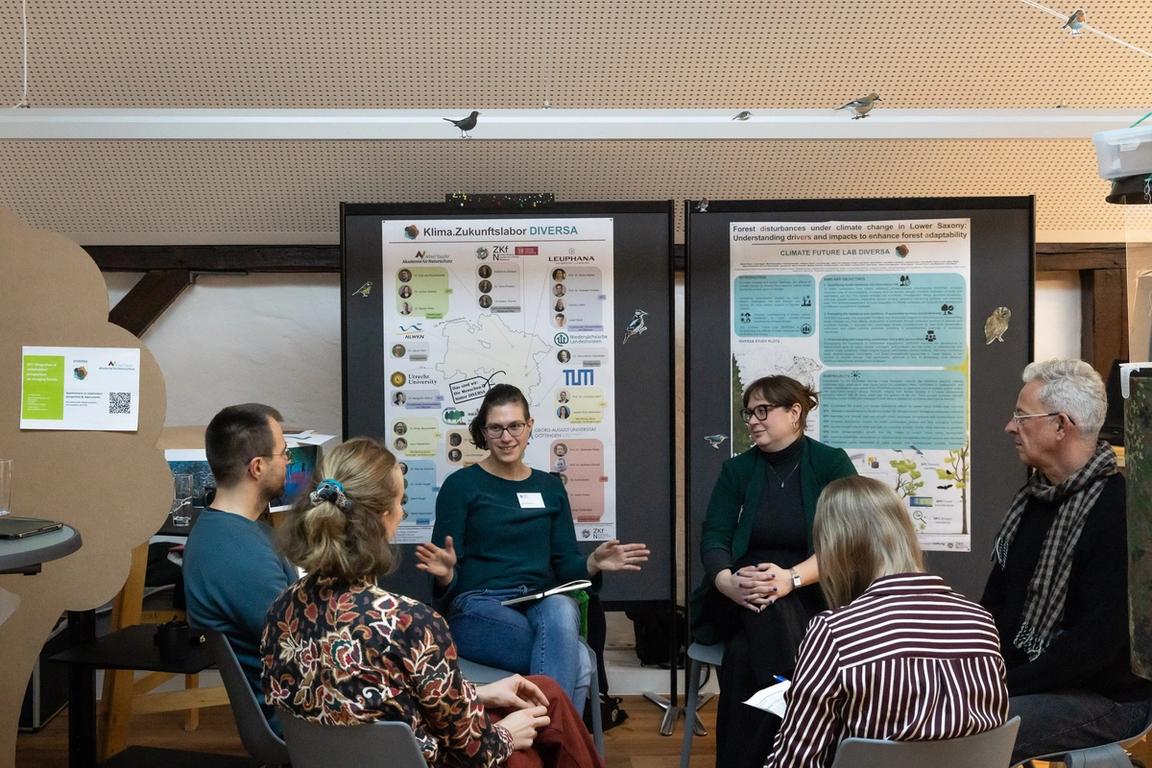
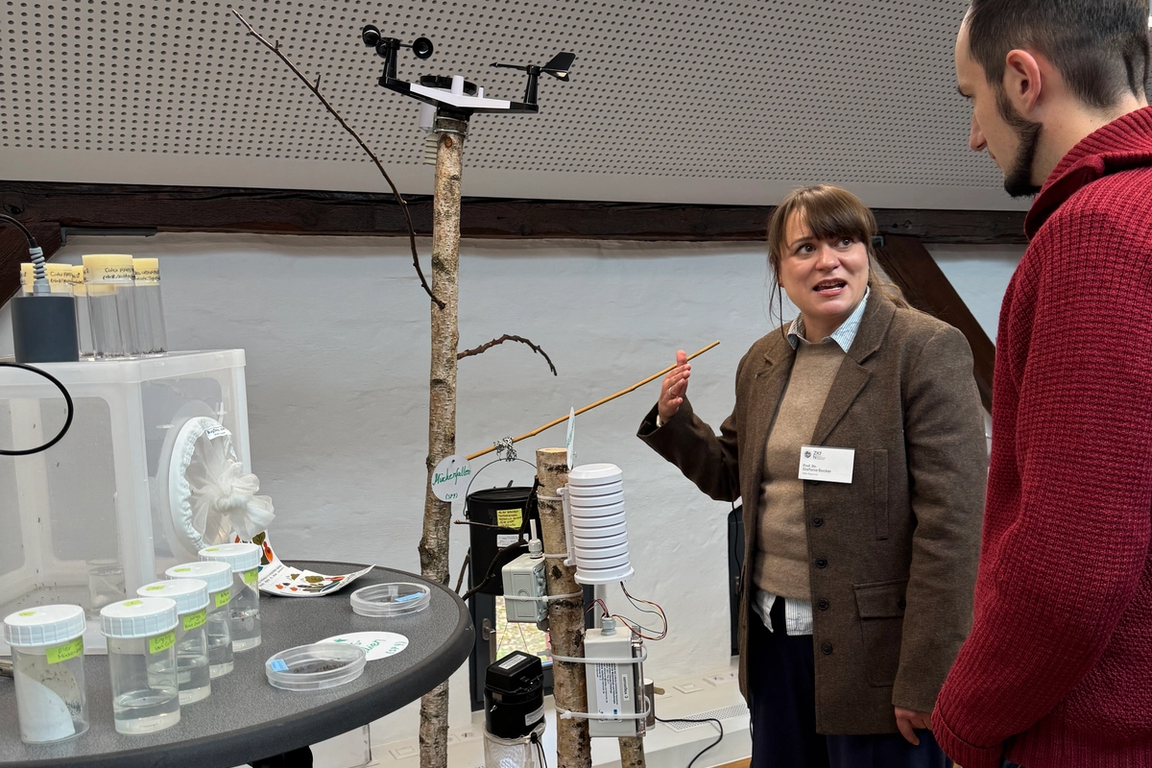
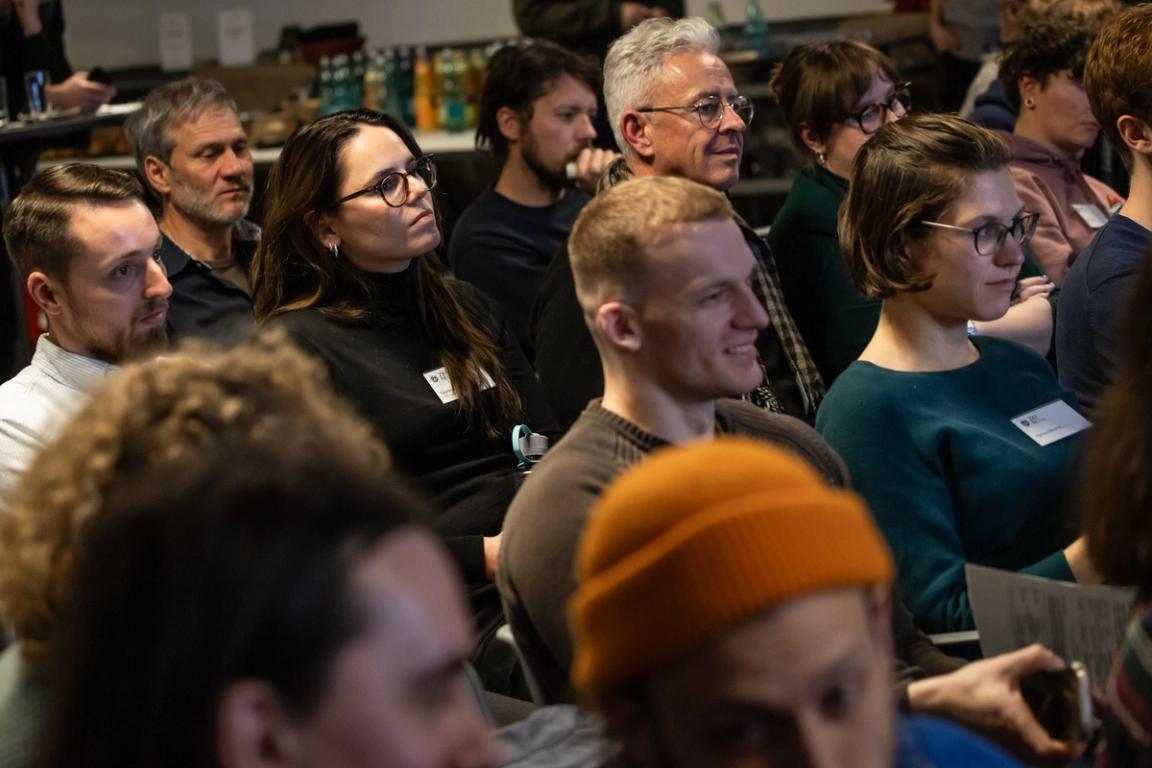
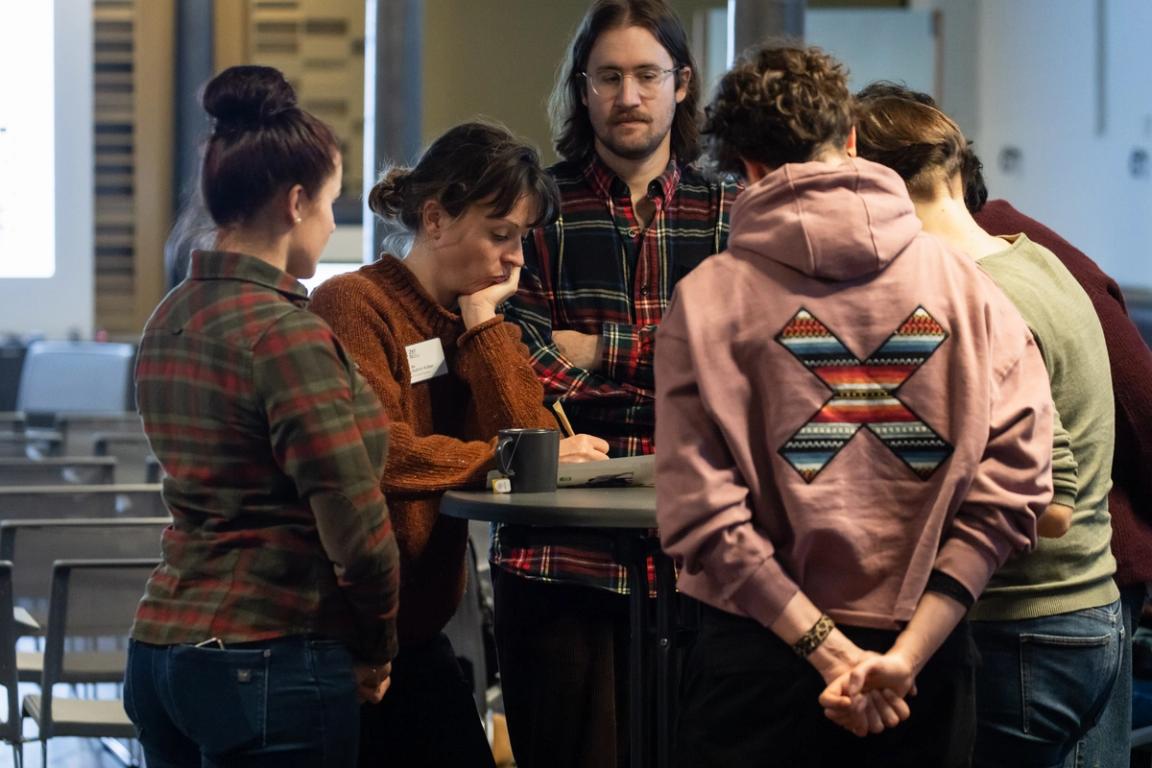
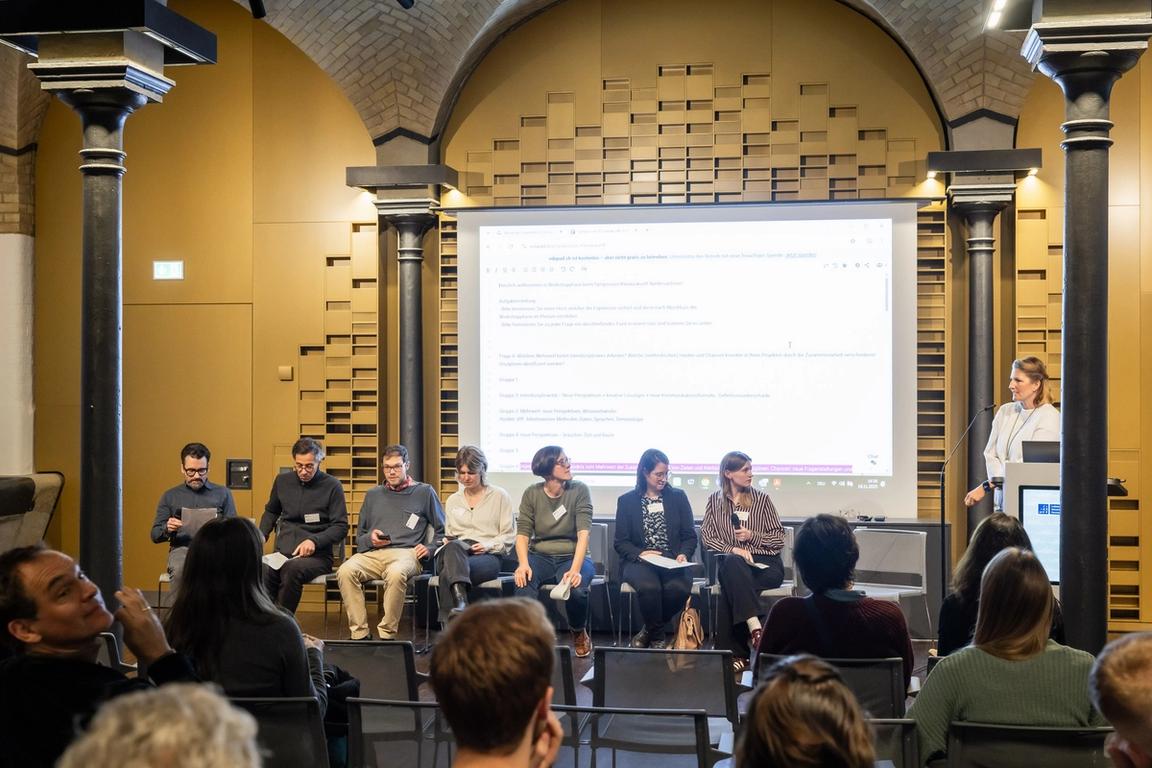
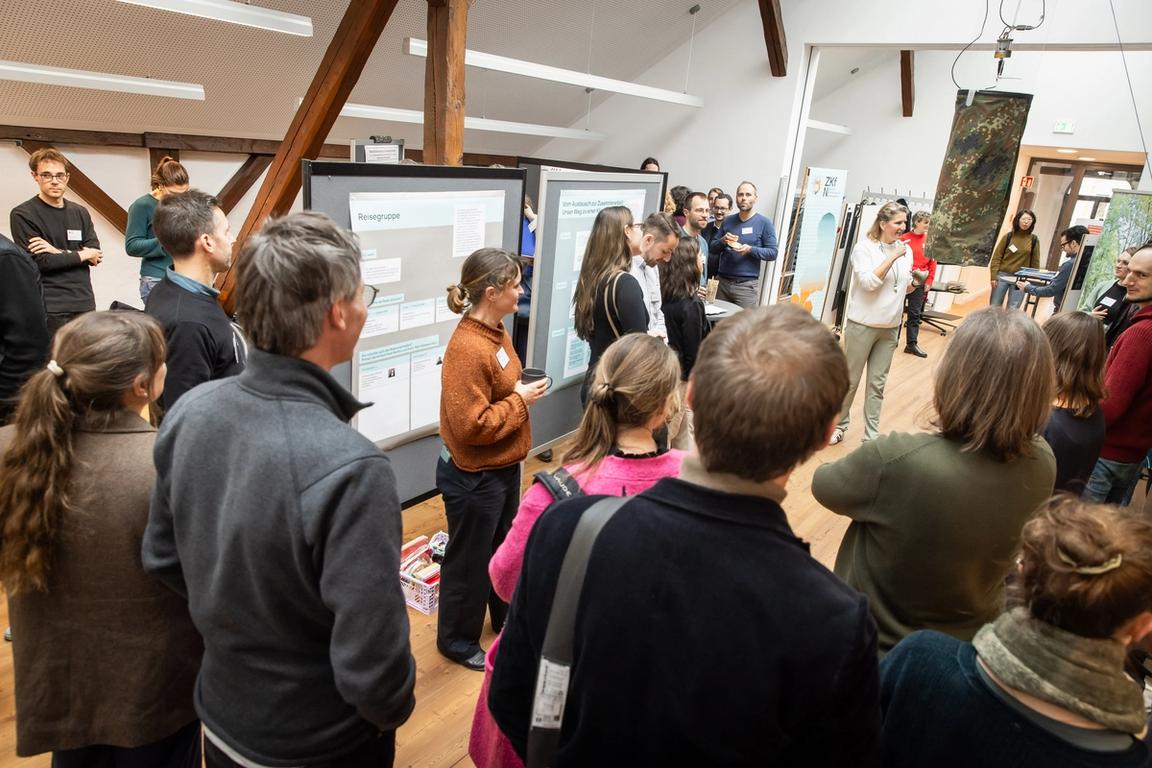
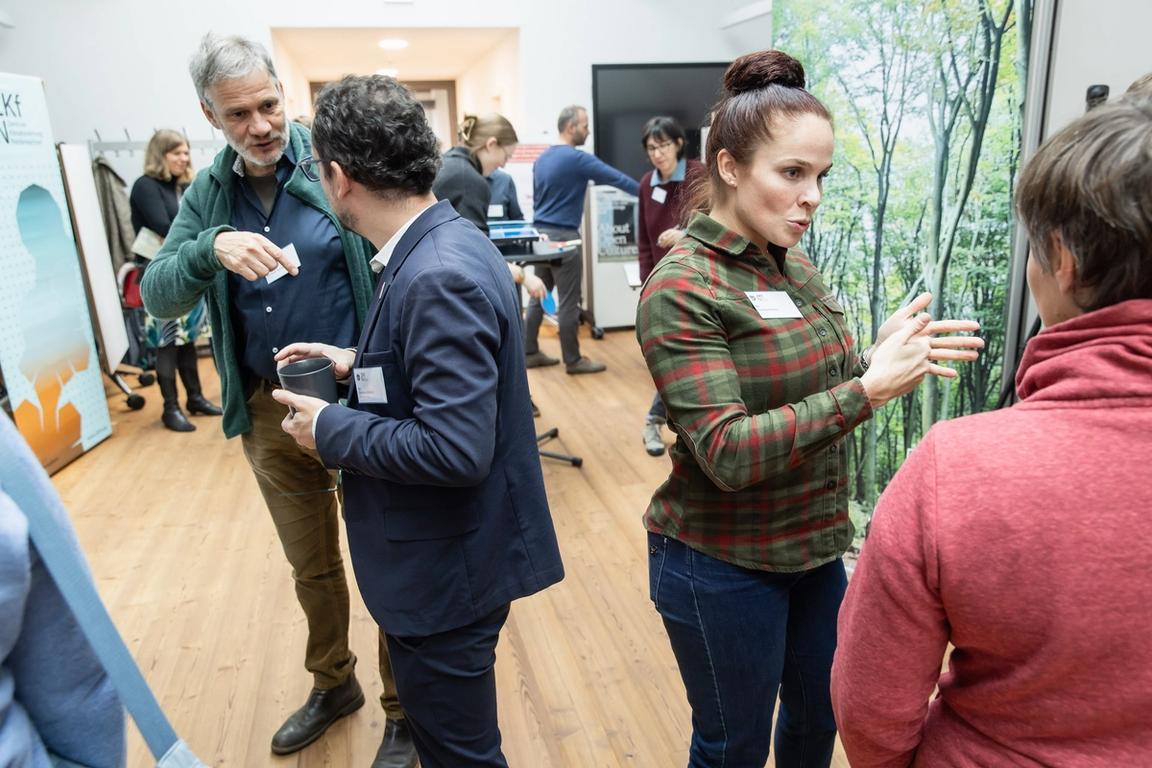
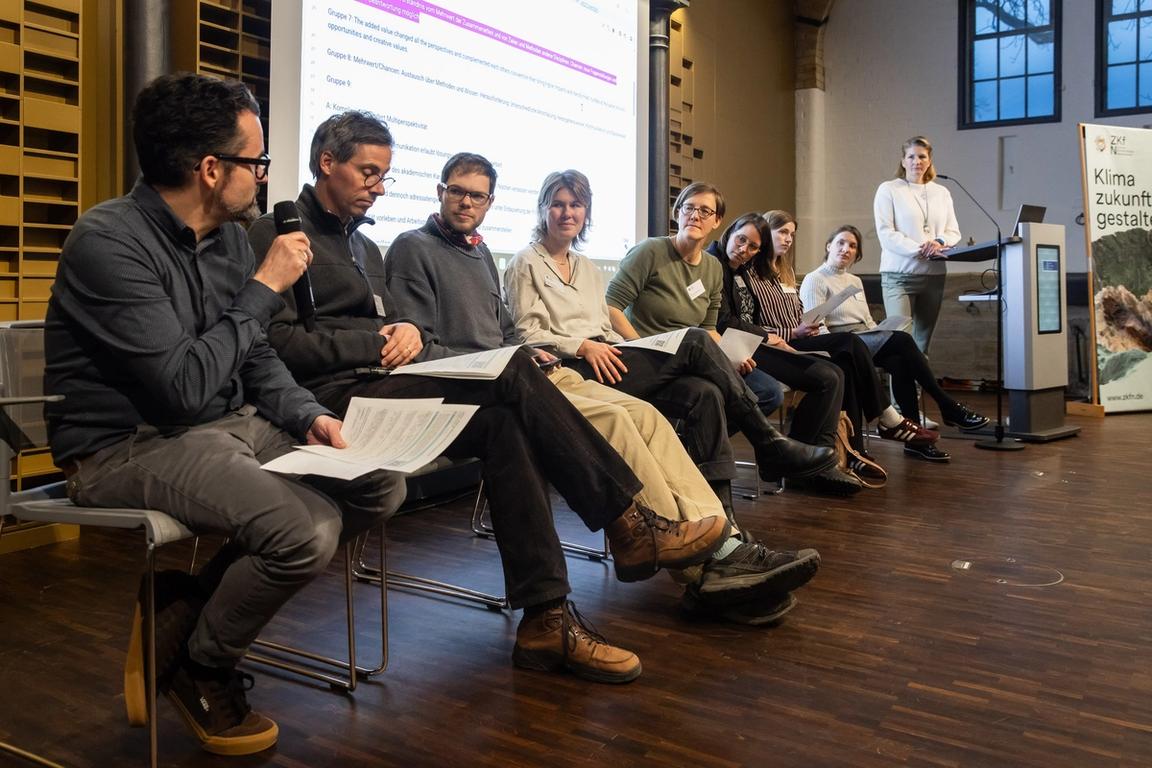
About the Climate Future Labs
The Climate Future Labs DIVERSA and FoResLab research centers focus on “The effects of climate change on the forest ecosystem,” with a particular emphasis on the climate resilience of forests. The two Climate Future Labs OpenCultures and Urban Climate Future Lab research centers are based in the “Climate-friendly urban development and spatial planning” research area. OpenCultures investigates how cultural practices and design decisions in urban planning can promote climate-conscious action, while the Urban Climate Future Lab develops strategies for climate adaptation for different types of settlements in Lower Saxony. The newest climate future lab, UMEX-HOPE, is working on holistic climate adaptation strategies and a web-based dashboard to support urban areas in their implementation.
The interdisciplinary and transdisciplinary future laboratories will each receive up to five million euros in funding from the zukunft.niedersachsen program run by the Lower Saxony Ministry of Science and Culture and the Volkswagen Foundation. The funding period for the projects is six years.
More Posts
All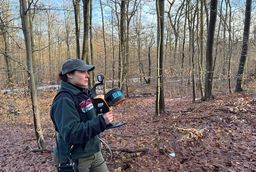
Laser scans in the forest: measuring CO₂ between red beeches and deadwood
What a windless morning, 1,000 square meters of forest, and a laser scanner reveal about carbon storage.
4 min. Reading time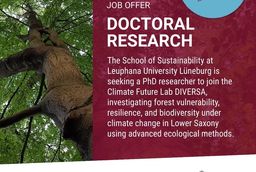
Job opening at DIVERSA
PhD position in the Vegetation Ecology and Biodiversity Conservation working group
1 min. Reading time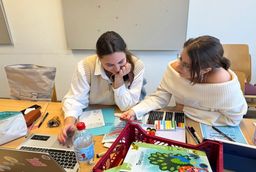
ZKfN guest at the “Get active now” seminar
The “Get active now” seminar brings together knowledge, commitment, and social practice.
2 min. Reading time